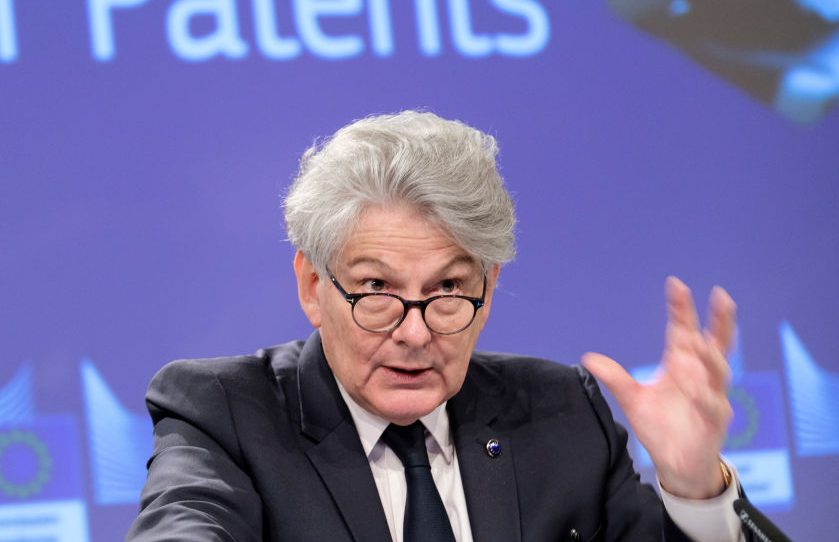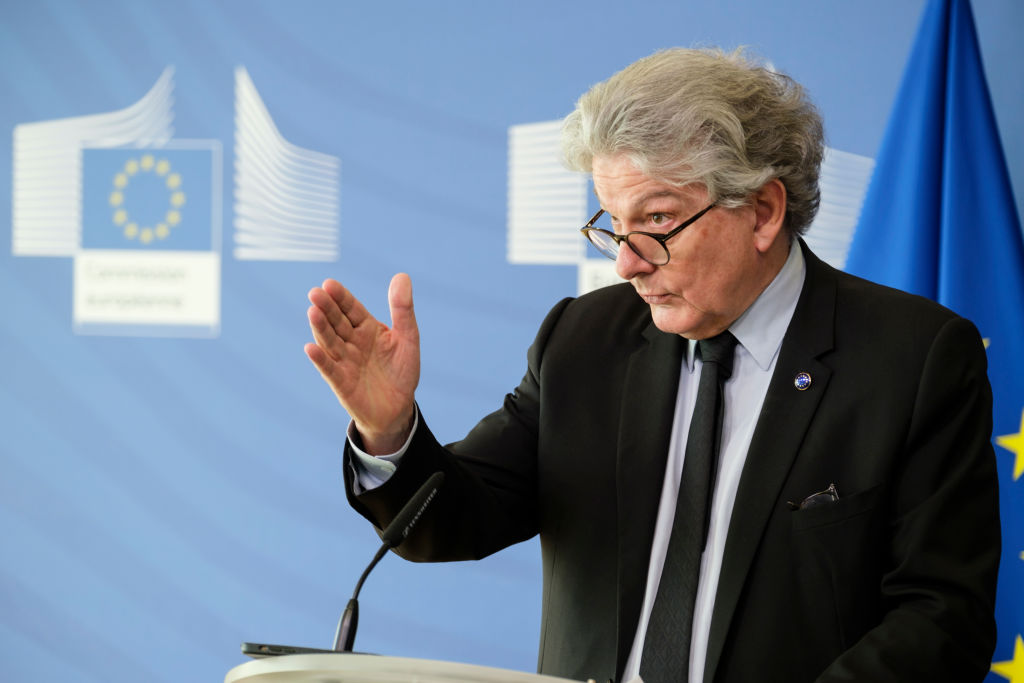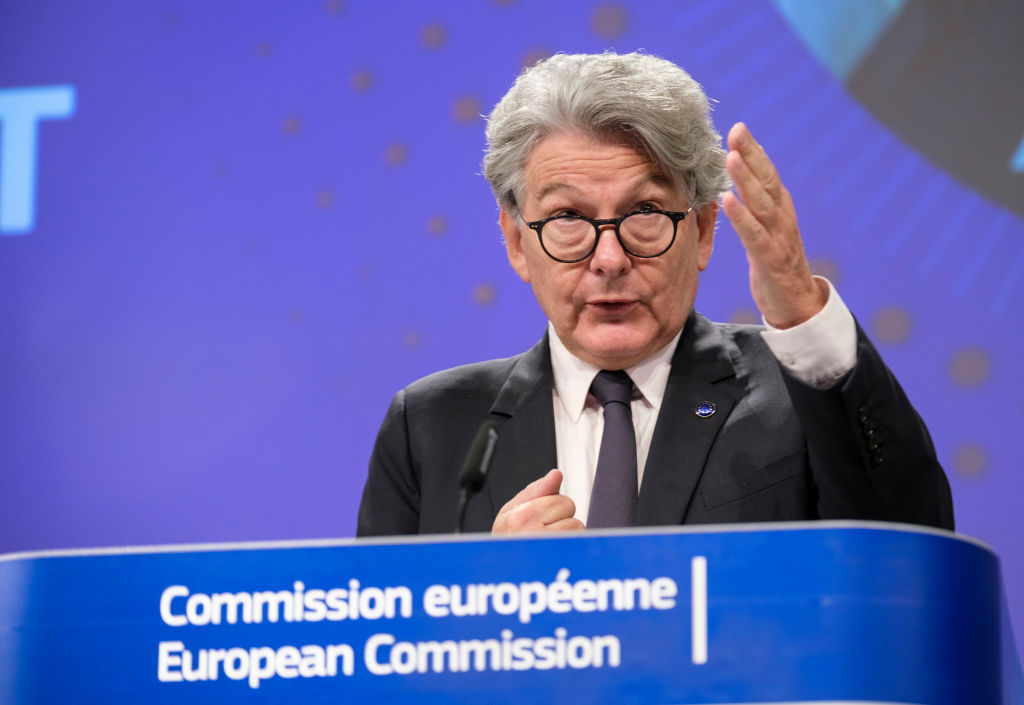The European Union’s power to unilaterally shut down certain social media websites deemed problematic is “proportionate”, the European Commission has insisted.
The statement comes after European Commissioner for Internal Market Thierry Breton suggested the bloc could start cutting off certain websites within a matter of hours using the Digital Services Act (DSA).
“Is the Commission planning to follow the example of authoritarian states and shut down entire platforms in the EU?,” Renew Europe MEP Moritz Körner asked in a parliamentary question after Breton’s declaration.
In an answer published on September 12, Breton insisted that such a power was justified, describing closing social media sites believed to be breaking the DSA as “proportionate”.
“The DSA foresees that, for serious breaches threatening people’s life or safety, the Commission can ask the Digital Services Coordinator of the Member State of establishment to request the competent judge, who is to decide whether such measure is justified and proportionate, to temporarily restrict the access of recipients to the very large online platform or search engine from the EU,” he said.
He added that such a request could be bypassed in the case of an “urgent situation”, confirming that the EC does effectively have the power to axe certain platforms from the EU internet temporarily if it deems fit.
Breton insisted that the use of such penalties must “follow the due process” and “would be limited in time”.
The European Union’s censorious Digital Services Act is compatible with freedom of speech, European Commissioner for Internal Market Thierry Breton has stated. https://t.co/spBwhZgL2g
— Brussels Signal (@brusselssignal) July 28, 2023
While the Commissioner was insistent that the power was “proportionate”, others have not been so enthusiastic.
Civil society activists and organisations have expressed concern about the EC’s apparent enthusiasm to use the powers awarded to it by the DSA.
Some 60 NGOs wrote to Breton in July demanding he back down on threats to use the power to shut Europeans off from problematic social media platforms.
“Rather than relying on platforms’ goodwill, the EU has chosen to organise the digital space with clear rights, obligations and safeguards,” he said, justifying his own new powers as being compatible with “freedom of expression”.
His enthusiastic support for censorship has prompted some to issue warnings about his growing influence in the bloc, with the Frenchman seen as an outside contender for the Commission presidency next term.
“[Breton] may be considered part of what many are now calling the ‘censorship industrial complex’ – a global push by politicians to force the private-sector’s hand into suppressing free speech,” Free Speech Ireland previously warned in a response to Brussels Signal.
“Similar to countries with less-than stellar human rights records, like Turkey in its most recent election, we could soon see the EU demand individuals be banned from Twitter under threat of heavy fines.”
Apple recently announced that its latest iPhone models would accommodate USB-C ports instead of the company’s own proprietary lightning socket, a change insisted on by Brussels. https://t.co/1OHSwvLbVt
— Brussels Signal (@brusselssignal) September 13, 2023





